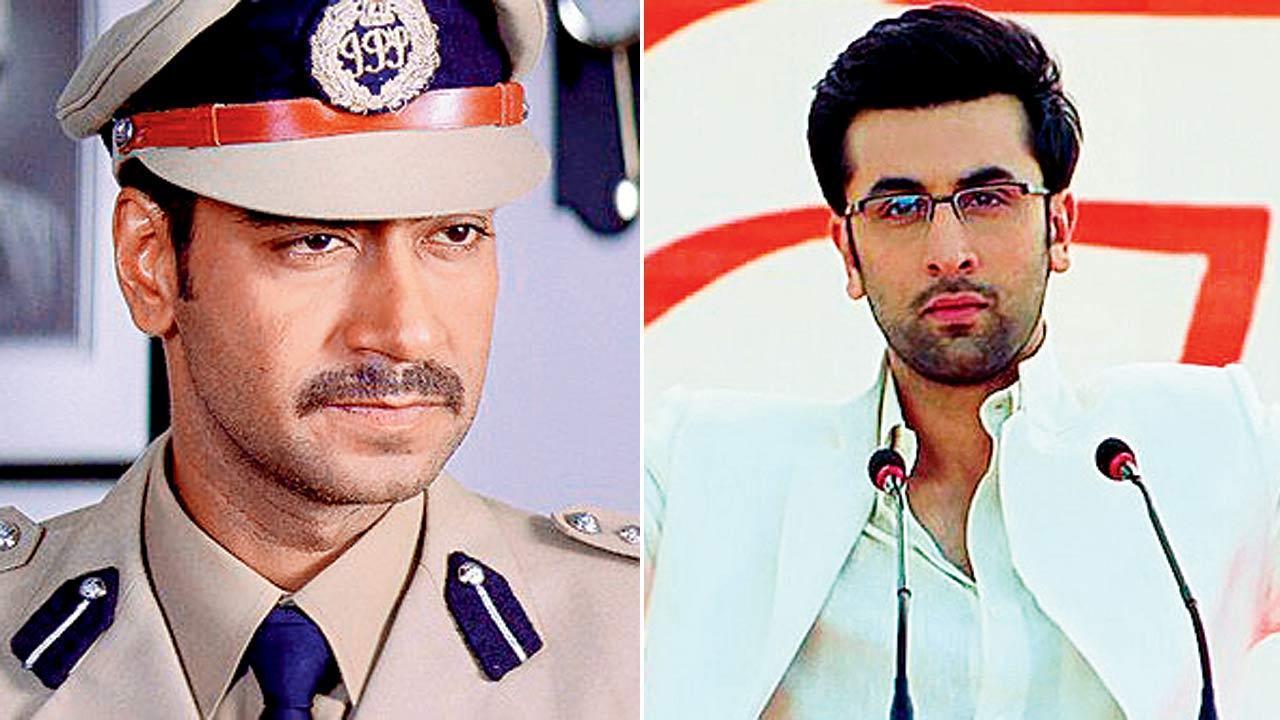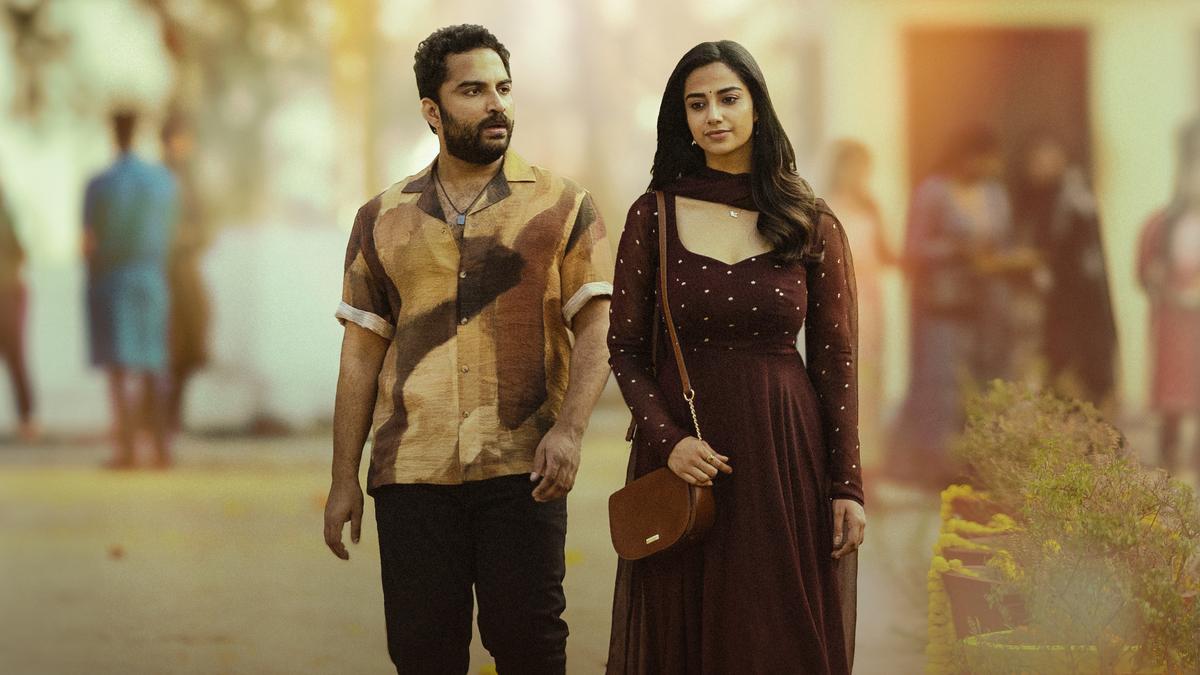
BSP Varma’s film “Murphy” isn’t your typical time-travel thriller. Instead of the pulse-pounding excitement we often associate with the genre, Varma takes a contemplative approach, focusing on the intricate web of human relationships that transcend time. The film cleverly uses time manipulation not as the main attraction but as a narrative tool to delve deeper into familial bonds and bygone love.
At the heart of “Murphy” is David, portrayed by Prabhu Mundkur, who connects with a mysterious figure from the past named Janani, played by Roshini Prakash. This unique and supernatural communication unfolds through a Murphy radio, a treasured possession linked to David’s grandfather, Richie, played by Dattanna. This seemingly innocuous piece of equipment holds the key to unraveling the tragic fate that befell David’s father, and often stirs tension between David and his grandfather.
One of the more engaging elements of “Murphy” is its ability to imbue an inanimate object, the Murphy radio, with significant character presence—an aspect that elevates the film’s overall charm. As the story unfolds, the intriguing exchanges between David and Janani maintain an undercurrent of curiosity, further enhanced by Adarsha R’s captivating cinematography and Sylvester Pradeep’s enchanting musical score that lends the film a fairytale aura.
However, “Murphy” stumbles as it attempts to prioritize emotional resonance over incisive storytelling. While the intention to evoke deep emotional reactions is clear, some of the crucial relationships fail to make a profound impact. For instance, there’s a particularly poignant scene where David reflects on his dimming memories of his father—a moment that encapsulates the pain of parental loss. Despite its simplicity and heartfelt nature, the narrative does not sufficiently explore David’s childhood connection with his father. This results in a lack of emotional depth and misses the opportunity to fully engage the audience with the intended sentimentality.
.
Similarly, a love story from Janani’s past is given short shrift, with the director choosing to relay its emotional weight through melodic interludes rather than delving into the nuanced emotions of the characters. In this, David’s current girlfriend, Jessie, receives an underdeveloped character arc, leaving viewers unable to connect with her plight or fully appreciate her presence in the narrative.
While “Murphy” strives to balance multiple storylines within a science fiction framework, it occasionally grapples with an identity crisis. The film’s predictability may detract from the viewer’s experience, particularly for those well-versed in the genre. Their familiarity might prompt them to anticipate plot twists, effectively dampening the potential impact of the film’s surprises.
Nonetheless, the film retains a degree of engagement due in large part to the strong performances of its cast. Roshini Prakash, Prabhu Mundkur, and Ila Veermala deliver committed portrayals that lend credibility and depth to their characters, effectively bridging some narrative gaps. This emphasis on compelling performances underscores the filmmakers’ recognition of the importance of character portrayal in a complex storyline.
In summary, “Murphy” offers an intriguing take on the time-travel genre by choosing to explore the emotional and relational consequences of time manipulation rather than leaning on action-packed sequences. Despite its narrative imperfections and instances of predictability, the film manages to capture the viewer’s interest in several key moments. While not entirely cohesive, it works in parts, thanks to adept performances and a few standout scenes that linger in the mind.
“Murphy” is currently available in theaters, offering audiences a unique cinematic journey into the interplay of time and human connection, as depicted through the lens of Kannada cinema.










